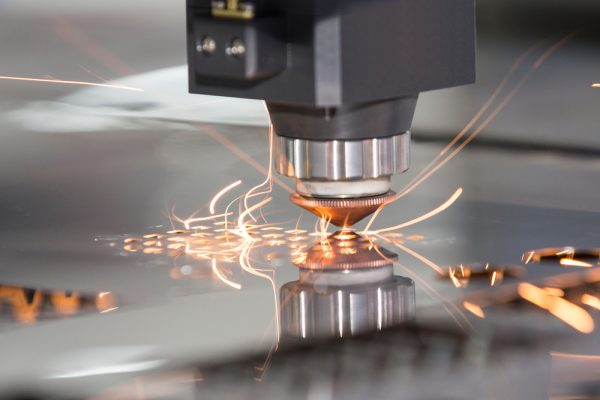What Do Metal Fabricators Do? An In-depth Guide for Manufacturers
Metal fabricators are vital in the industrial production sector. Their proficiency in commercial metal fabrication guarantees that unfinished metals are turned into components and assemblies that adhere to strict specifications and premium benchmarks. However, what precisely do metal fabricators perform, and how can they help manufacturers in different sectors of the economy? This thorough blog addresses these questions while outlining the key components of bespoke metalwork.
Introduction to Metal Fabrication
Metal fabrication is the process of transforming raw metal materials into functional components and structures. Metal components are cut, bent, and assembled to make products customized to meet specific demands. Skilled artisans who focus on these methods, as well as metal fabricators, work with a variety of metals, including copper, aluminum, and steel.
The Role of Metal Fabricators
Design and Planning
Design and planning are The first steps in any custom commercial steel fabrication. Metal fabricators work closely with engineers, architects, and clients to understand the project’s requirements and specifications. They create detailed blueprints and models using CAD software, ensuring every component fits perfectly before any physical work begins.
Cutting and Shaping
Laser Cutters – For precise, high-speed cutting of metal sheets.
Plasma Cutters – Suitable for cutting thicker metals with high precision.
Water Jet Cutters – Using high-pressure water to cut metals without overheating.
Shears and Saws – Traditional tools for straightforward cutting tasks.
Each method has its advantages depending on the type of metal and the required precision.
Bending and Forming
Once cut, metal must be bent and molded into the appropriate shapes. Metal fabricators use press brakes and other specialized tools to bend metal precisely. A thorough understanding of the material’s characteristics is necessary for this step to avoid cracking or deforming during the process.
Assembly and Welding
Assembly is where the cut and bent metal pieces come together to form a structure. This often involves welding, which joins metal parts by melting and fusing them. Metal fabricators must be proficient in various welding methods such as MIG, TIG, and stick welding, each suitable for different types of metals and thicknesses.
Finishing and Quality Control
Grinding and Polishing – To smooth out surfaces and edges.
Painting and Coating – For corrosion resistance and aesthetic purposes.
Inspection – Ensuring that all parts meet the required specifications and quality standards.
Benefits of Commercial Metal Fabrication for Manufacturers
Customization and Flexibility
One of the main benefits of custom metalwork is its capacity to produce specialized solutions that satisfy specific needs. Metal fabricators can create custom structural elements or one-of-a-kind machine parts to precise requirements.
Cost Efficiency
By working with skilled metal fabricators, manufacturers can save costs in multiple ways:
Reduced Waste – Precision cutting and efficient use of materials minimize waste.
Longevity – High-quality metal components last longer, reducing the need for frequent replacements.
Streamlined Production – Custom solutions can improve the overall efficiency of manufacturing processes.
High-Quality Standards
Professional metal fabricators adhere to strict quality control measures, ensuring that every product meets industry standards. This reliability is crucial for manufacturers who need consistent and durable components.
Speed and Scalability
Modern metal fabrication techniques allow for rapid production without sacrificing quality. This scalability is essential for manufacturers who must ramp up production quickly to meet market demands.
Applications of Metal Fabrication in Industrial Manufacturing
Automotive Industry
Metal fabricators produce various automotive components, including chassis, engine parts, and exhaust systems. Their work ensures that vehicles are safe and efficient.
Aerospace Industry
In aerospace, precision and quality are paramount. Metal fabricators create critical components such as airframes, engine parts, and landing gear, all of which must withstand extreme conditions.
Construction Industry
Metal fabricators offer crucial services to the building sector, from ornamental parts to structural beams. Their labor guarantees the strength and aesthetic appeal of buildings.
Electronics Industry
Metal fabrication also plays a crucial role in the electronics industry, producing enclosures, heat sinks, and other components supporting electronic device functionality and durability.
Contact Cresco for commercial steel fabrication
Are you looking for metal fabrication companies near your locality? Call us at – 714 525 2326 or visit our website for more details.


